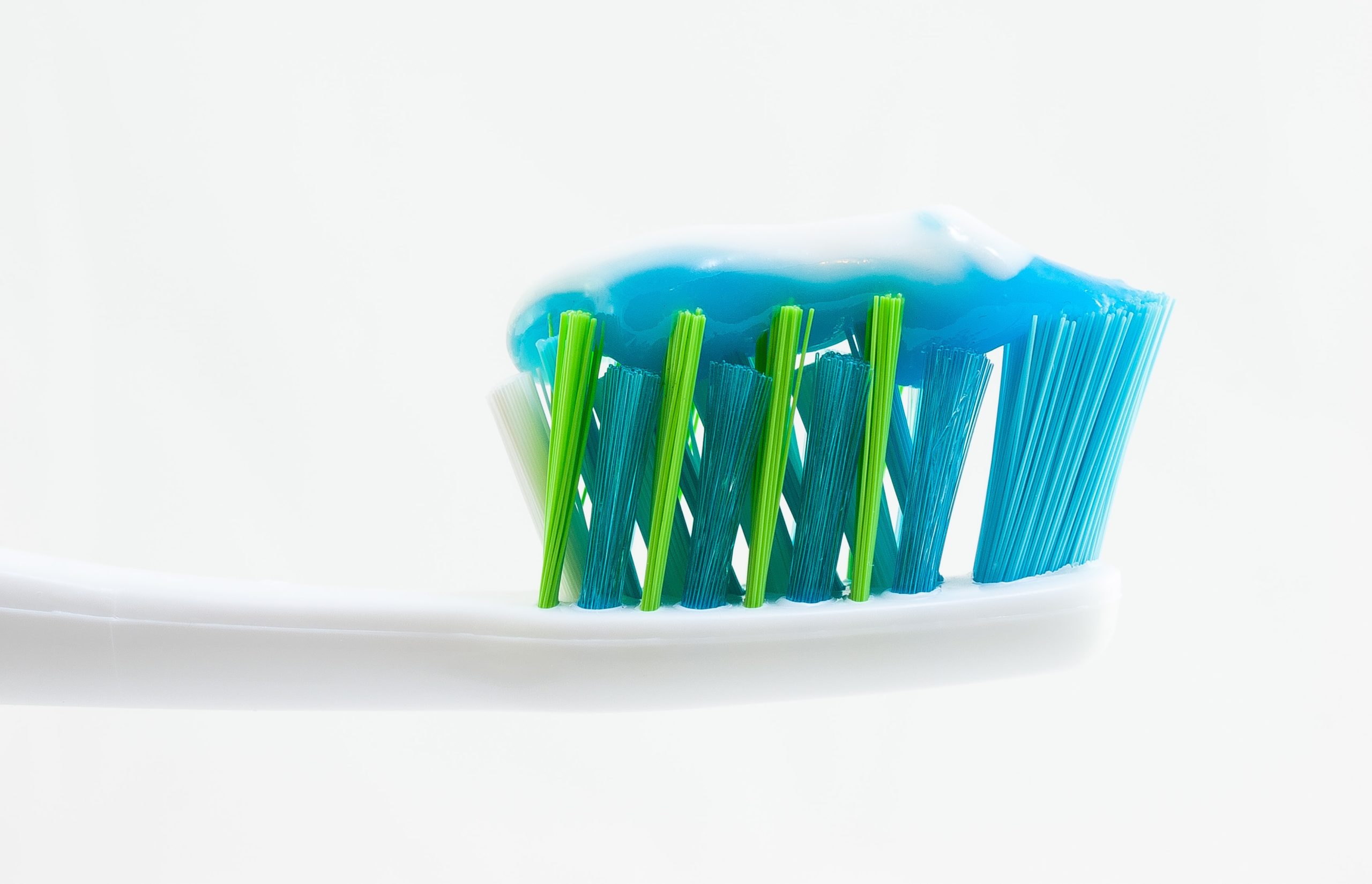Triclosan, an antibacterial present in toothpaste, toys, and dozens of other goods, has been shown to cause gut inflammation in mice, according to recent research. Certain gut microbes are triggered to release harmful proteins in the presence of Triclosan, researchers say. These proteins cause intestinal flare-ups, however, this study sheds light on a possible defense mechanism that may stop the production of these proteins and prevent gut inflammation.
Scientists from the University of North Carolina at Chapel Hill, the University of Massachusetts Amherst, and the Hong Kong Baptist University collaborated internationally to identify the specific bacterial species and proteins responsible for triggering Triclosan’s detrimental effects.
“By identifying the culprit bacteria, new approaches could be developed for the diagnoses, prevention, and treatment of inflammatory bowel diseases,” says study author Matthew Redinbo, in a statement. Redinbo is a chemistry and microbiology professor at the UNC-Chapel Hill College of Arts & Sciences and UNC School of Medicine.
GUS: The Inflammatory Enzyme
Although earlier studies demonstrate the toxic effects of Triclosan, the current study delves deeper into the alterations that occur within the diverse microbe populations in the gut.
Several enzymes – proteins that promote metabolic processes – produced by gut bacteria were found to be associated with Triclosan. One such enzyme, called the gut microbial beta-glucuronidase (GUS) protein, was increased as a result of Triclosan and was shown to cause damage to the gut.
Microbial Targets
Since the team knew which bacterial enzymes were to blame, bacteria-specific inhibitors were used to prevent Triclosan from being broken down in the gut. In mice, inhibiting this mechanism protected the walls of the intestine from damage, and prevented the inflammatory bowel disease known as colitis.
The researchers say further research is needed on environmental contaminants and intestinal health.
The Abundance of Triclosan
Triclosan was formerly a common ingredient in antibacterial soaps. However, studies revealed the increase in resistant strains of bacteria as a result of the chemical. Because of this, in 2016 the Food and Drug Administration (FDA) required it to be excluded from hand soaps and other products, especially those used in the medical field.
Triclosan seems to be easily digested in the gut. Even still, it is still widely used as an antibacterial agent in cosmetics, yoga mats, and other sporting gear. What’s even more appalling is the FDA has approved the use of this ingredient in various kinds of toothpaste to help reduce gingivitis.
“The safety of Triclosan and related compounds should be reconsidered given their potential for intestinal damage,” says Redinbo and study authors.
Among the expanding number of patients diagnosed with inflammatory bowel disease, this research gives fresh insights into the disease’s treatment.
The study is published in Nature Communications.
